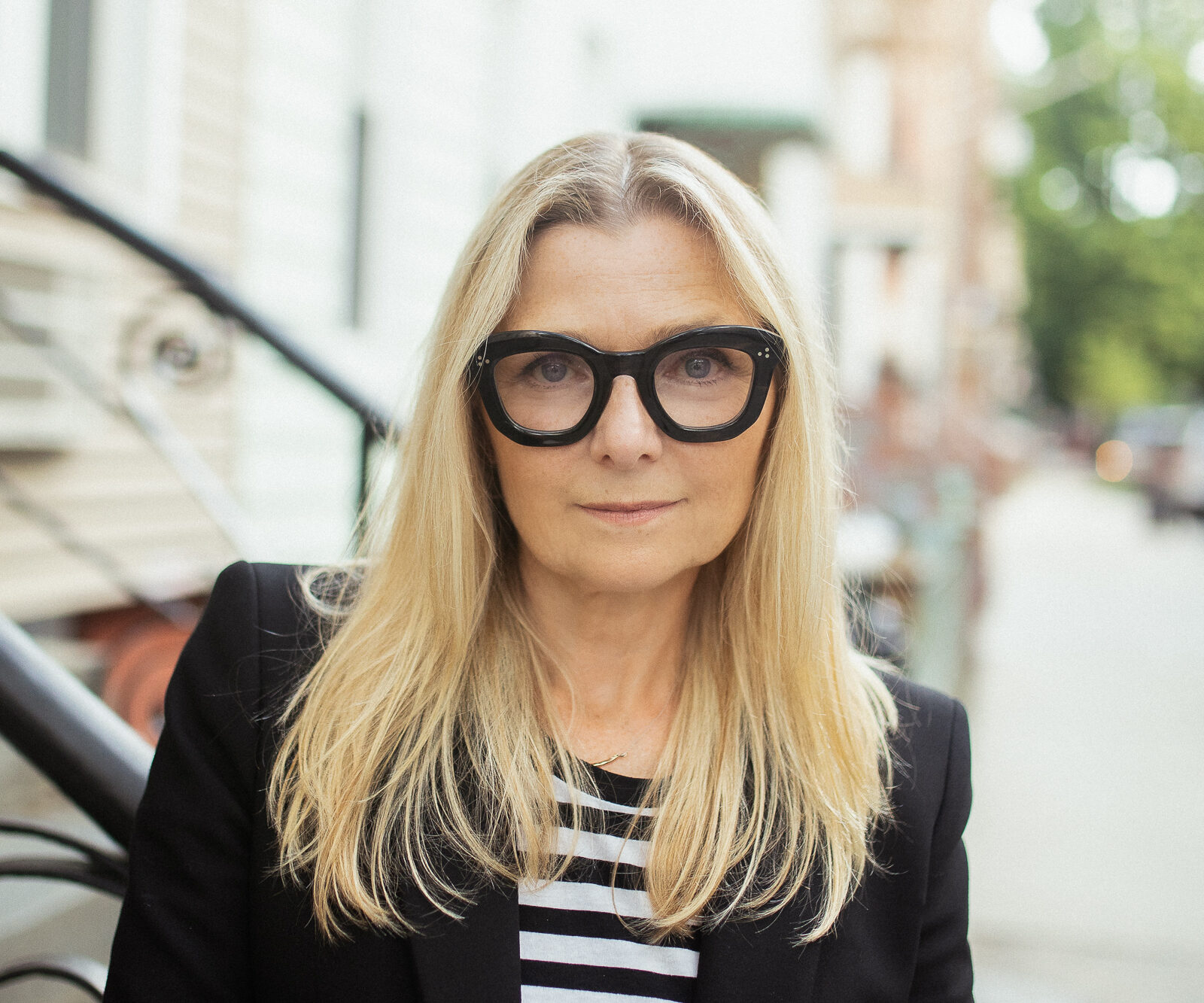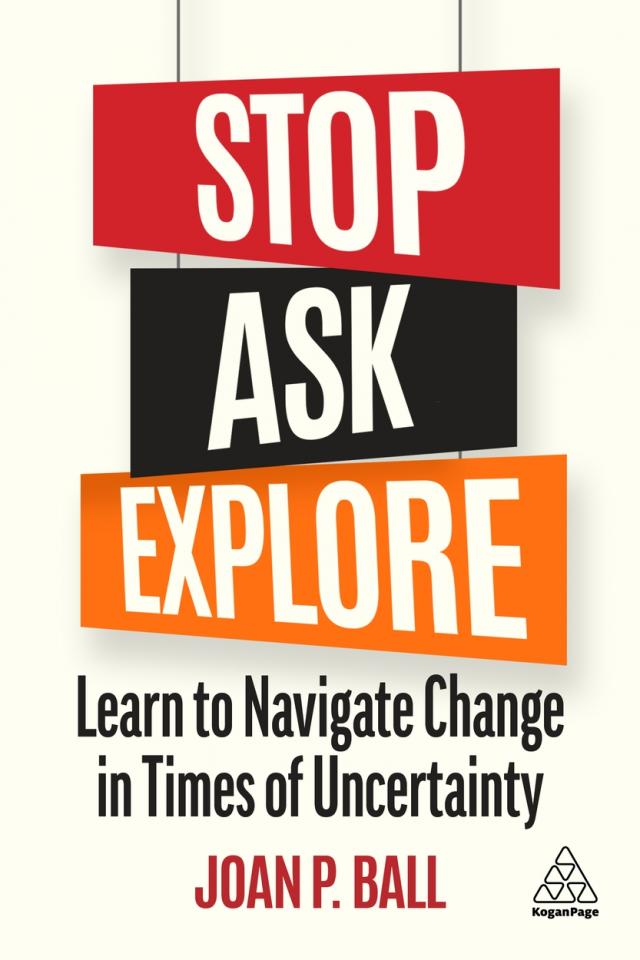
Joan P. Ball is an assistant professor of marketing at St John’s University in New York. She is the author of two books, most recently ‘Stop, Ask, Explore: Learn to Navigate Change in Times of Uncertainty.’ She spoke with me about her approach to transitional times and how to help people identify possibilities and discern among them.
Introduction
Discernment is the ability to make smart judgments. Everybody has times in their lives when they need to make choices, but it is especially prevalent for college students. Whether they are undergraduates who have just left home or postgraduate students changing career paths, students often don’t have a clear idea of what they will do once they finish their studies. Even if they do have a clear idea, that can change through the process of learning. University administrators need to understand the process of discernment to best support their students.
Discernment is a key part of Joan’s research. Here are some of the highlights of our conversation.
It’s not about right or wrong.
Discernment is about finding the right direction. But that direction is not concrete — it’s fluid and will change for individuals depending on their unique circumstances. The idea of finding the ‘right’ thing to do can be restrictive, so people must instead focus on a direction that will enable them to get their bearings when the way forward is unclear.
The myth of the ‘transitional’ period
There can be an assumption that being a student is just a transitional phase of life. A phase where you don’t enter the ‘real world’ until after you graduate. But Joan challenges the idea that ‘stable life is real life.’ She believes that “Too often we discount the transitional times, as suspended time.” Instead, it’s better to think of stable times and transitional times as certain and uncertain space. We must recognize that:
A.) A disorienting disruption can happen to us at any time — whether we are in college, or whether we have been living in the same town, doing the same job, for many years. There is always the possibility that something — good or bad — can happen to place us into a transitional period.
B.) We are no less able to be our ‘true’ selves and to find a way forward, whichever kind of space we are in.
Four principles of discernment:
Joan gives four principles for helping people to discern how they can navigate uncertain transitions in ways that make sense for their competencies, resources and contexts.
1.) Regulate
Entering into uncharted territory can be anxiety-inducing — especially when the way forward is unclear. To reduce that anxiety, people need to learn how to regulate themselves in ways that are relevant to them. Popular regulation techniques include breathing exercises, yoga, taking a walk with a friend or just having someone to listen. Overwhelming emotions like fear can make discernment difficult, but people need to have hope that there is light at the end of the tunnel.
“I feel like close to the center of my life’s work is teaching people ‘do not be afraid,’” says Joan.
2.) Resource
Professors and university support staff can help students gather the emotional, social and material resources they need to regulate and reorient in transitional times. But to point a student in the best direction, staff must actively listen to their needs.
3.) Reorient
People experiencing uncertain transitions often describe themselves as feeling lost or stuck. Reorientation must happen before discernment — especially in tumultuous times. They need to come to terms with the fact that transitional space, while unsettling, can hold unexpected opportunities. Identifying the locus of possibilities and discerning among them is key for helpful responses.
4.) Respond
Responding to the time of transition — finding a way forward — happens best once a person is regulated, has reoriented themselves and has adequate resources. The response part should not be rushed, but it is important: people can’t stay in an uncertain state forever.
These are not steps — rather they are parts of a practice that doesn’t always happen sequentially. The key is to recognize that uncertain transitions can be a call to curious exploration rather than knee-jerk reactions. Using this simple framework can build capacity for transitions and support discernment in times of uncertainty and change.
The importance of listening to help people discern.

“Students often feel lost because either they are given advice about what to do OR are told that they need to figure it out for themselves,” says Joan.
This is where listening comes in. When you do people the service of listening to them, it helps them regulate their emotions. As you listen to someone, it allows them to hear themselves and decide for themselves what is important.
“You’ll notice if you do deep listening to someone for 45 minutes, often they answer their own question,” says Joan.
Further reading
For more information about discernment, or Joan’s work, see her book ‘Stop, Ask, Explore’.